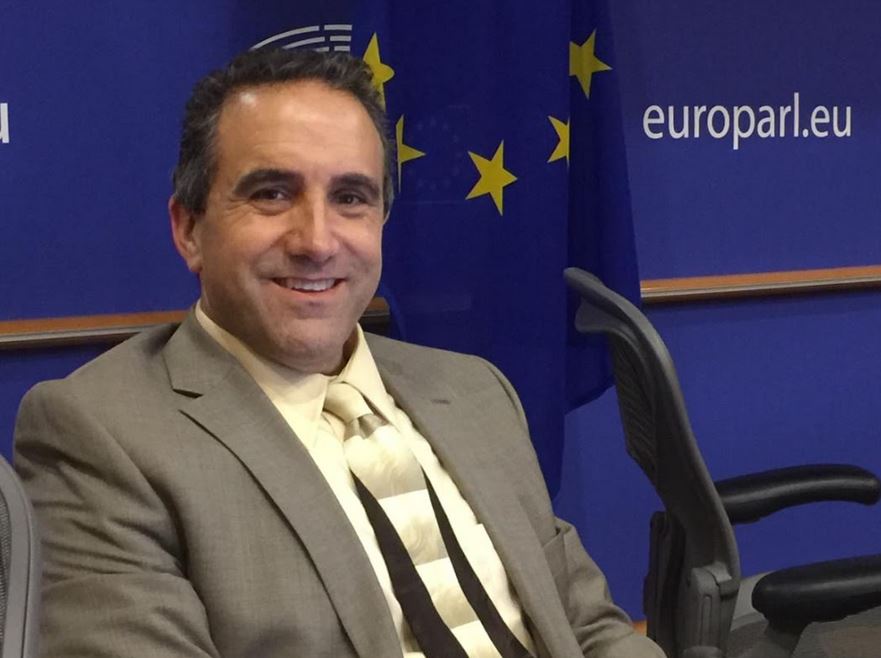Yet another Aussie academic attack on Democracy, Mark Diesendorf, Associate Professor, Interdisciplinary Environmental Studies, UNSW, UNSW Australia has demanded wide ranging social changes, a “wartime response” to the climate emergency, including vesting the government with extraordinary powers in order to overcome resistance from “vested interests”.
…in practice there are several big, non-technical barriers. These include politics dominated by vested interests, culture, and institutions (organisational structures, laws, and regulations).
Vested interests include the fossil fuel industry, electricity sector, aluminium smelting, concrete, steel and motor vehicles. Governments that receive taxation revenue and political donations from vested interests are reluctant to act effectively.
To overcome this barrier, we need strong and growing pressure from the climate action movement.
…
UNSW PhD candidate Laurence Delina has investigated the rapid, large, socio-economic changes made by several countries just before and during World War 2.
He found that we can learn from wartime experience in changing the labour force and finance.
However, he also pointed out the limitations of the wartime metaphor for rapid climate mitigation:
Governments may need extraordinary emergency powers to implement rapid mitigation, but these are unlikely to be invoked unless there is support from a large majority of the electorate.


